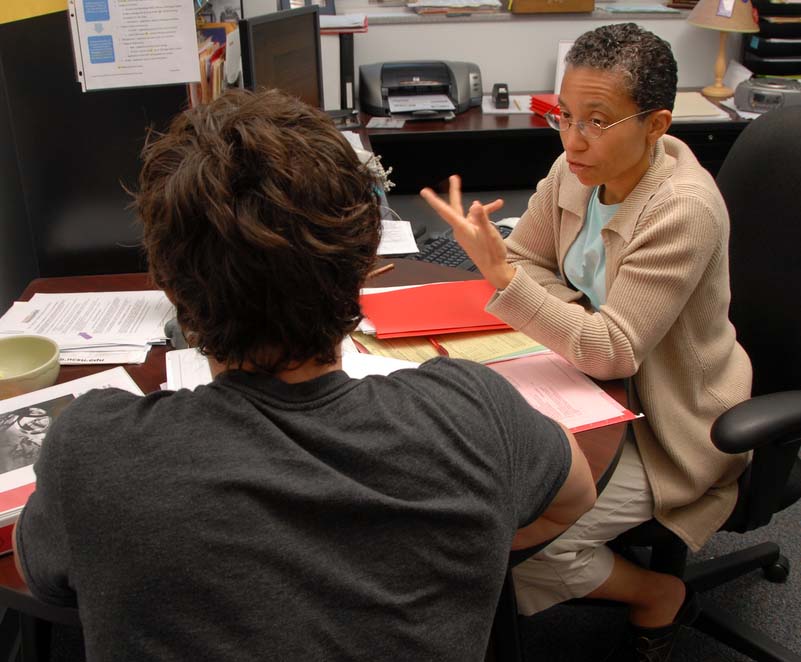 The focus for this fall’s college freshmen has, no doubt, been academic preparation to be accepted into their chosen college or university and to do well once they arrive. There’s another important aspect of preparation for college that may not have gotten enough attention – financial preparation. I don’t mean having enough money to pay for college even though that’s a tremendous challenge. I’m referring to money college students will spend for other things. Parents can’t send them everything they need or want. The question is whether they’ll know how to manage the hundreds or thousands of dollars they spend in cash and with debit/credit cards during the school year whether they earn it or get it from home.
The focus for this fall’s college freshmen has, no doubt, been academic preparation to be accepted into their chosen college or university and to do well once they arrive. There’s another important aspect of preparation for college that may not have gotten enough attention – financial preparation. I don’t mean having enough money to pay for college even though that’s a tremendous challenge. I’m referring to money college students will spend for other things. Parents can’t send them everything they need or want. The question is whether they’ll know how to manage the hundreds or thousands of dollars they spend in cash and with debit/credit cards during the school year whether they earn it or get it from home.
Parents, start teaching your college bound sons and daughters good money management skills before they graduate from high school. We all know how challenging managing money is even if we know how to do it. Every month, things happen that can derail our financial plans. We’ve had time to learn how to deal with these events. Typically, college bound high school seniors haven’t.
Help your sons and daughters practice good money management skills before they go to college also. Knowing how to manage money and doing it well are not the same. Help them get some practice at budgeting and spending their money based on their budget. Also, strongly suggest that they take a course in personal finance to learn more about how to manage money now and after graduation. Take a look at this article to read about four things you can do now so your sons and daughters pass Freshman Finance 101 with flying colors and dollars to spare.
 Follow this link the get the truth about the media’s role in creating Donald Trump.
Follow this link the get the truth about the media’s role in creating Donald Trump. In today’s Washington Post,
In today’s Washington Post, 



